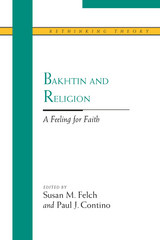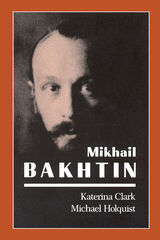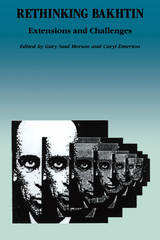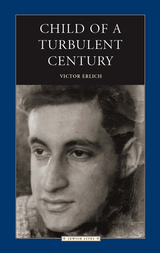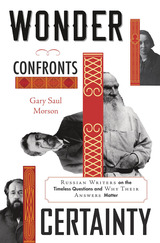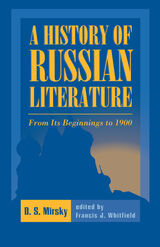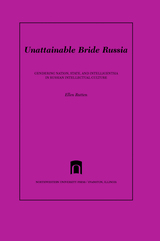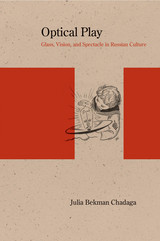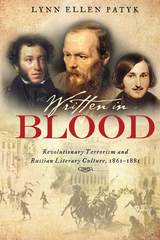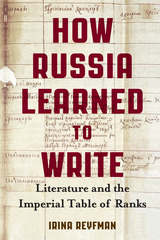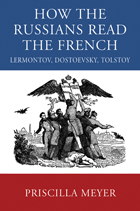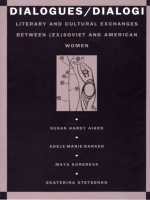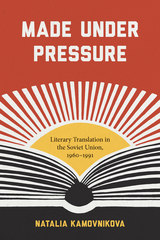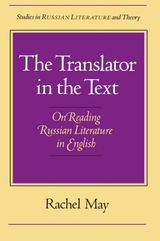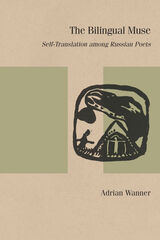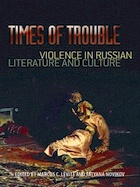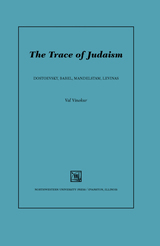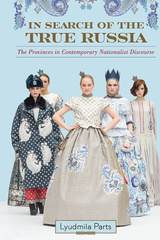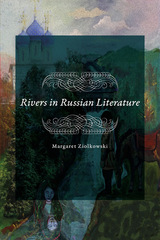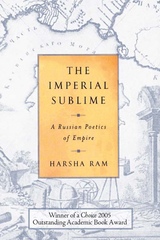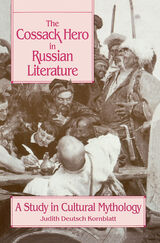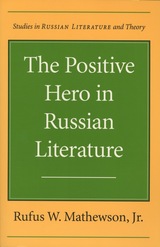Russia's Rome: Imperial Visions, Messianic Dreams, 1890–1940
University of Wisconsin Press, 2008
Cloth: 978-0-299-22920-7 | Paper: 978-0-299-22924-5 | eISBN: 978-0-299-22923-8 (all)
Library of Congress Classification PG2980.5.K28 2008
Dewey Decimal Classification 891.70935837
Cloth: 978-0-299-22920-7 | Paper: 978-0-299-22924-5 | eISBN: 978-0-299-22923-8 (all)
Library of Congress Classification PG2980.5.K28 2008
Dewey Decimal Classification 891.70935837
ABOUT THIS BOOK | AUTHOR BIOGRAPHY | REVIEWS | TOC | REQUEST ACCESSIBLE FILE
ABOUT THIS BOOK
A wide-ranging study of empire, religious prophecy, and nationalism in literature, Russia’s Rome: Imperial Visions, Messianic Dreams, 1890–1940 provides the first examination of Russia’s self-identification with Rome during a period that encompassed the revolutions of 1905 and 1917 and the rise of the Soviet state. Analyzing Rome-related texts by six writers—Dmitrii Merezhkovskii, Valerii Briusov, Aleksandr Blok, Viacheslav Ivanov, Mikhail Kuzmin, and Mikhail Bulgakov—Judith E. Kalb argues that the myth of Russia as the “Third Rome” was resurrected to create a Rome-based discourse of Russian national identity that endured even as the empire of the tsars declined and fell and a new state replaced it.
Russia generally finds itself beyond the purview of studies concerned with the ongoing potency of the classical world in modern society. Slavists, for their part, have only recently begun to note the influence of classical civilization not only during Russia’s neo-classical eighteenth century but also during its modernist period. With its interdisciplinary scope, Russia’s Rome fills a gap in both Russian studies and scholarship on the classical tradition, providing valuable material for scholars of Russian culture and history, classicists, and readers interested in the classical heritage.
See other books on: Classical influences | Imperial Visions | Imperialism in literature | National characteristics, Russian, in literature | Russian literature
See other titles from University of Wisconsin Press

